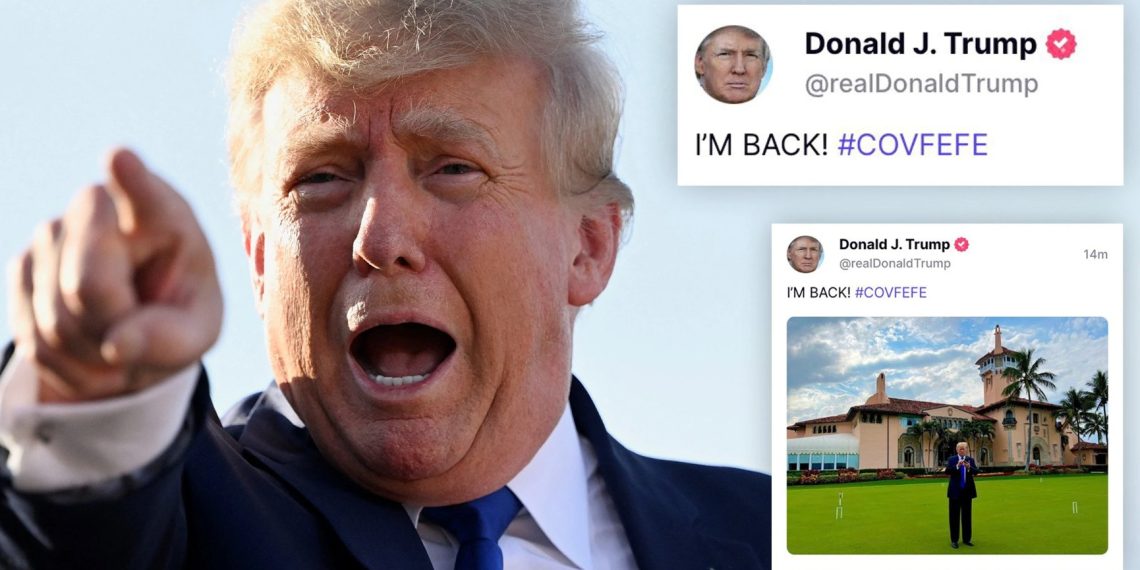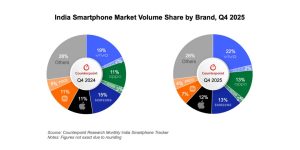On January 25, Meta Platforms, the parent company of Facebook and Instagram, announced that it would restore Donald Trump’s access to his accounts after a two-year ban. Shortly after the announcement, Trump made his first post on Facebook, saying, “I’m back.”
The decision to lift the ban was a controversial one, with many people voicing concerns about Trump’s history of using social media to spread false information and incite violence. In January, Trump’s accounts were suspended in the wake of the Capitol riot, which was sparked by Trump’s false claims of election fraud.
Since then, Trump has been largely absent from social media, relying on press releases and other forms of communication to reach his supporters. However, with his access to Facebook and Instagram restored, it is likely that he will once again become a prominent figure on social media.
Some have argued that the decision to restore Trump’s access to his accounts sets a dangerous precedent, as it suggests that individuals who use social media to incite violence and spread false information will not be held accountable for their actions. Others have pointed out that Facebook and other social media platforms have a responsibility to uphold free speech, even when it is unpopular or controversial.
Regardless of one’s stance on the matter, there is no denying that Trump’s return to social media will have a significant impact on the political landscape. With the 2024 presidential election looming, Trump’s social media presence will likely play a key role in shaping public opinion and influencing the outcome of the election.













































































































































































